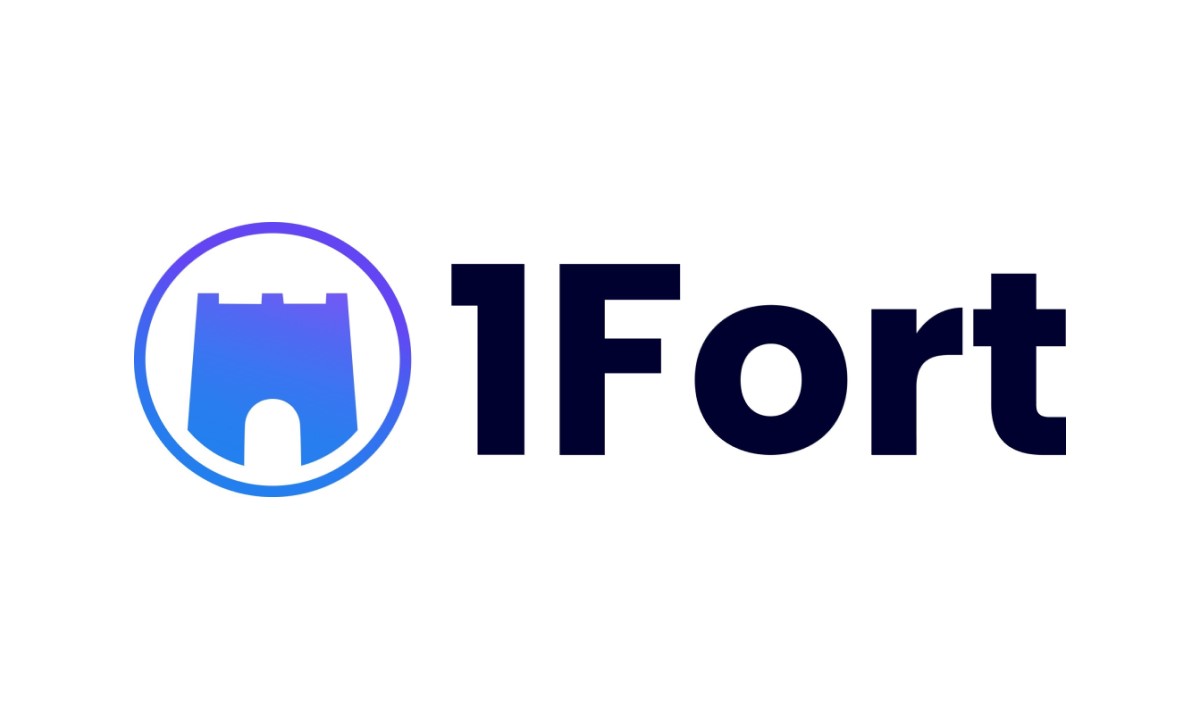Digital Deception Unmasked: Rogue Extensions Infiltrate Meta Business Accounts

Cybercriminals Exploit Fake Meta Browser Extensions to Hijack Facebook Accounts
A sophisticated cybercrime campaign has emerged, targeting Facebook users through deceptive browser extensions during February and March 2025. These malicious extensions are designed to steal users' Facebook session cookies, providing attackers with unauthorized access to personal and business accounts.
The fake Meta browser extensions appear legitimate, tricking unsuspecting users into installing them. Once activated, these extensions can:
- Capture active Facebook session cookies
- Enable complete account takeover
- Facilitate fraudulent business ad campaigns
Cybersecurity experts warn that these extensions represent a significant threat to both individual users and businesses, potentially leading to financial losses and reputational damage. Users are advised to:
- Only download extensions from official browser stores
- Verify publisher credentials
- Regularly review installed browser extensions
- Enable two-factor authentication on Facebook
Stay vigilant and protect your digital identity from these increasingly sophisticated cyber threats.








